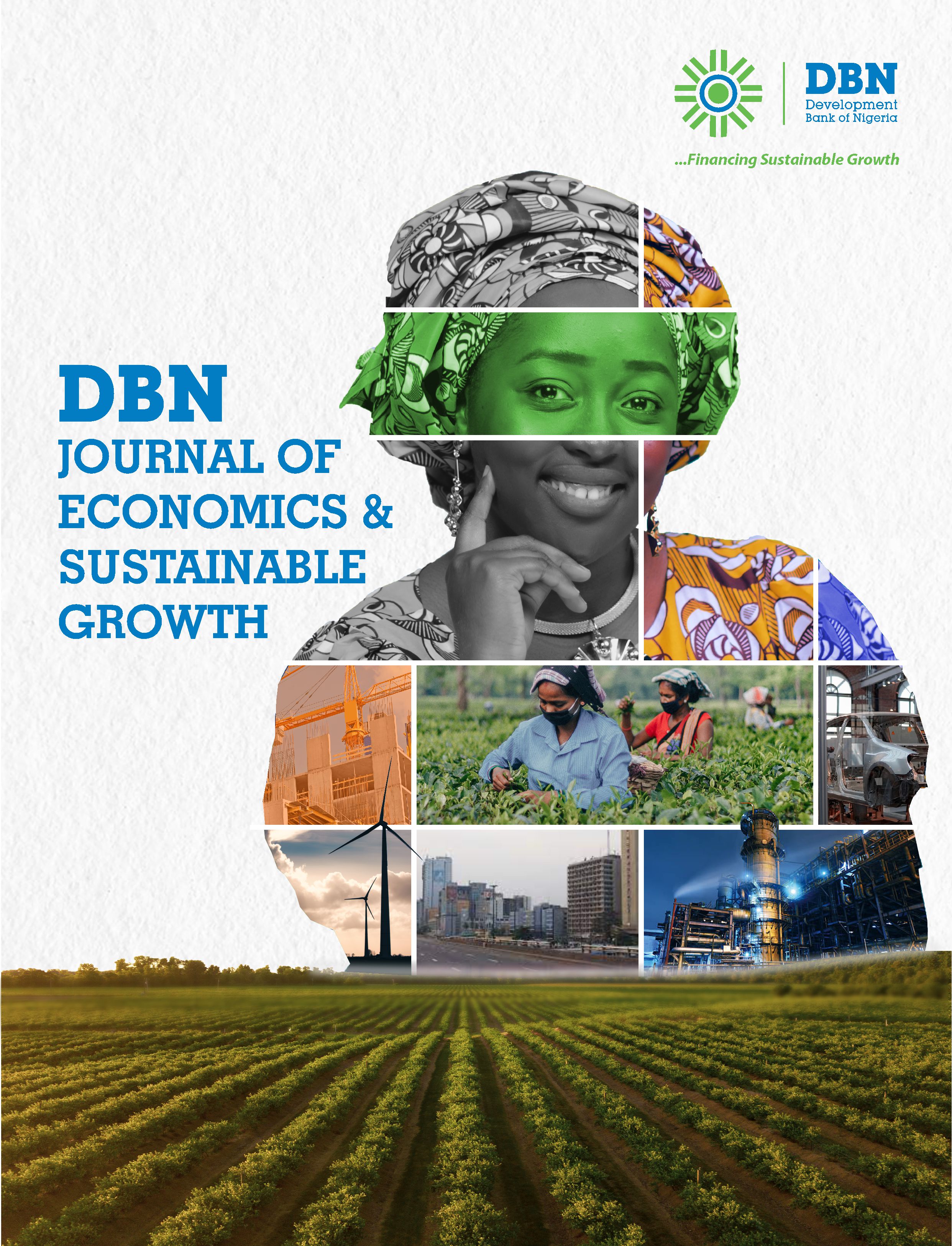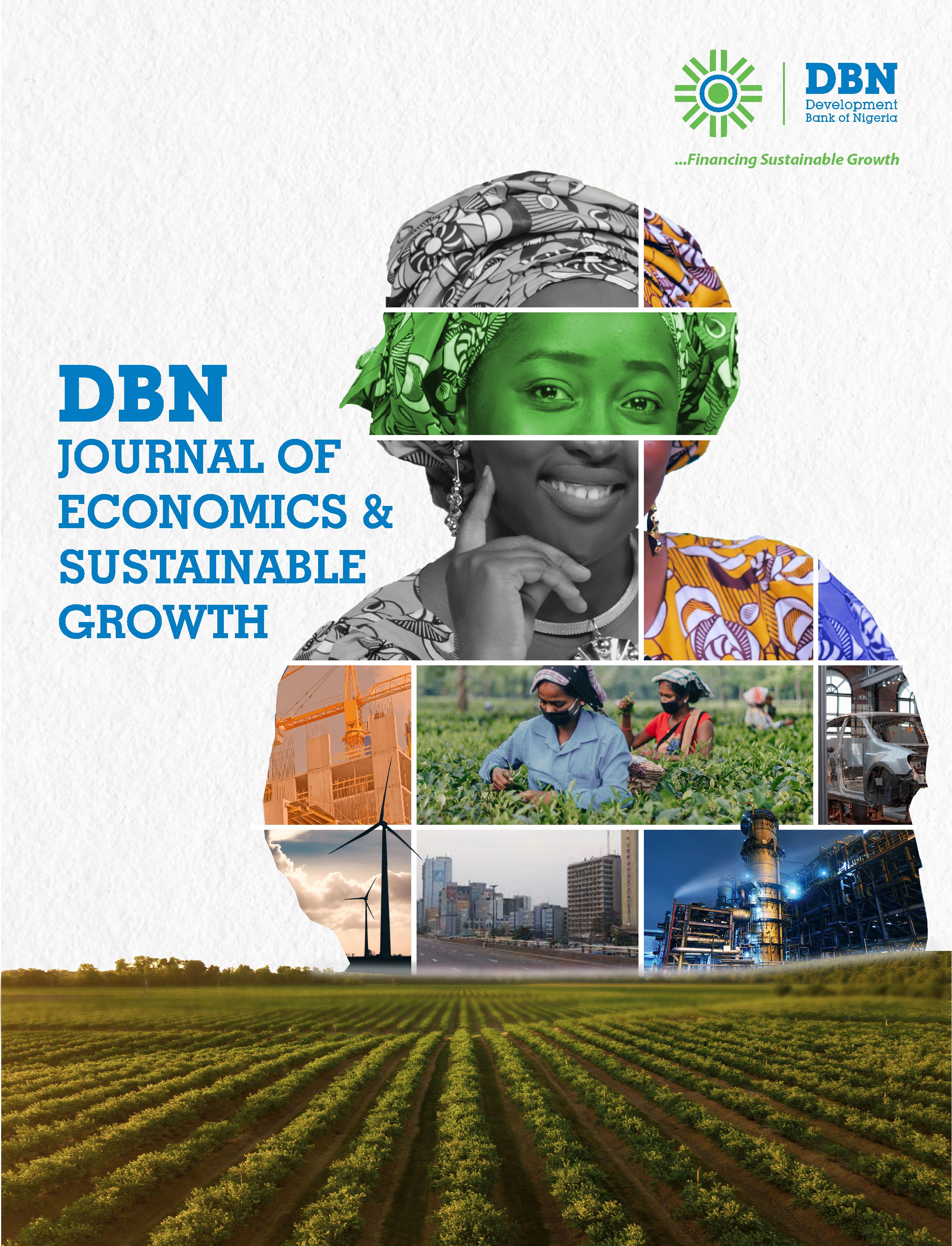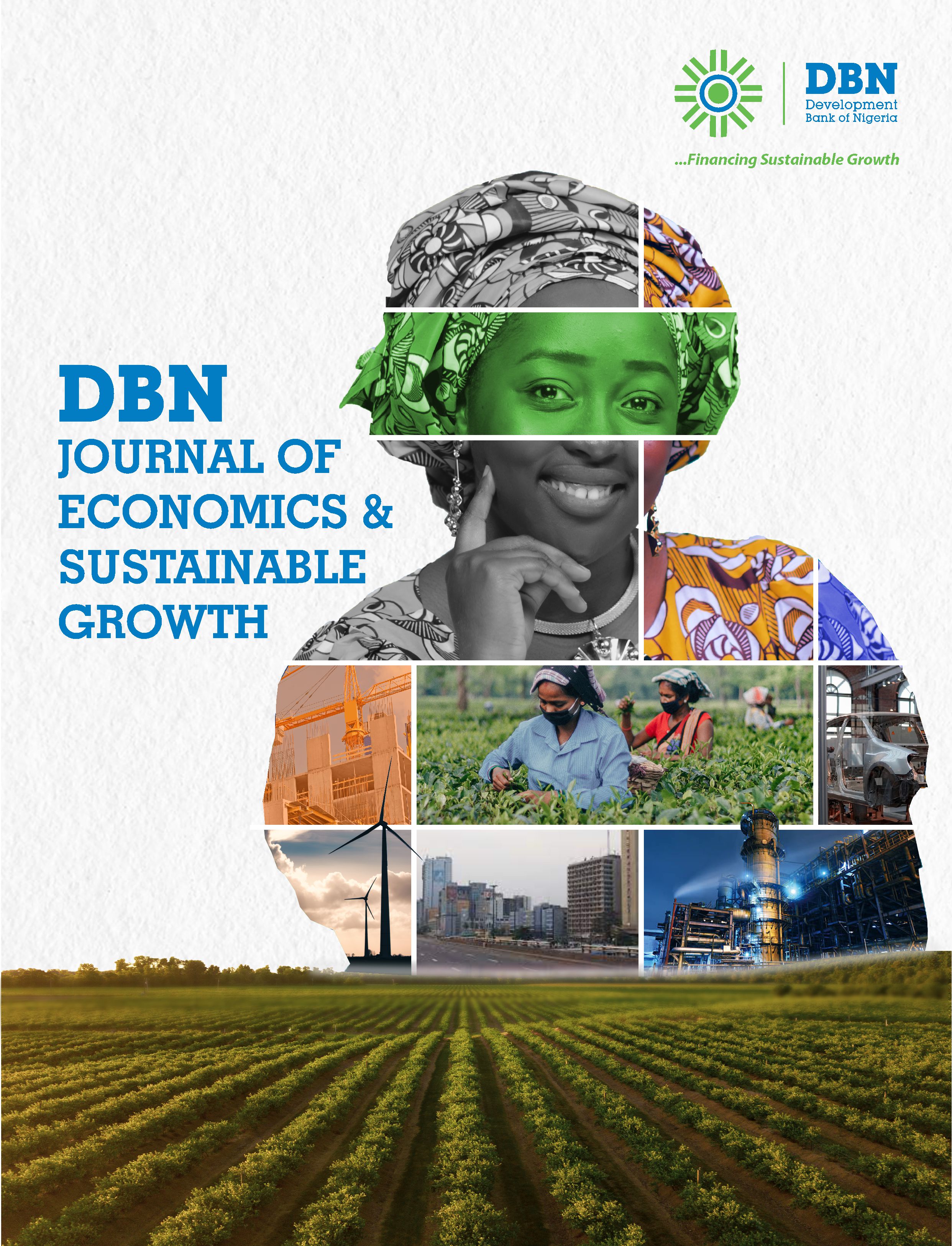
Publication Information
Published by: Admin
Published: 2 years ago
View: 241
Pages: 24
ISBN:
Abstract
The study examines the employment effects of FDI and trade openness in Nigeria’s industrial sector during the period 1991-2020 using the ARDL approach to cointegration and error correction modeling (ECM). It finds that FDI and trade openness adversely affect industrial sector employment in the short-and long-run. The study gives further evidences to show that industrial sector employment is adversely affected by real exchange rate appreciation. Based on the findings, the study recommends policies to enhance industrial sector employment in the country including protection of infant industries from activities of multinationals through which FDI enters the country; cautious liberalization of trade characterized by export-promotion and protection of import-competing sub-sectors of the industrial sector; use of monetary policy to control appreciation of the real effective exchange rate; and government’s commitment towards industrial development to boost industrial (especially manufacturing) sector output.
Oziengbe Scott Aigheyisi Dr
Related Publications


VOLUME 5 ISSUE 1 2022
Foreign Direct Investment, Trade Openness and Industrial Sector Employment in Nigeria

VOLUME 5 ISSUE 1 2022
Household Finance: A Review of Risk Preferences and Beliefs in Shaping Household Financial Decisions
